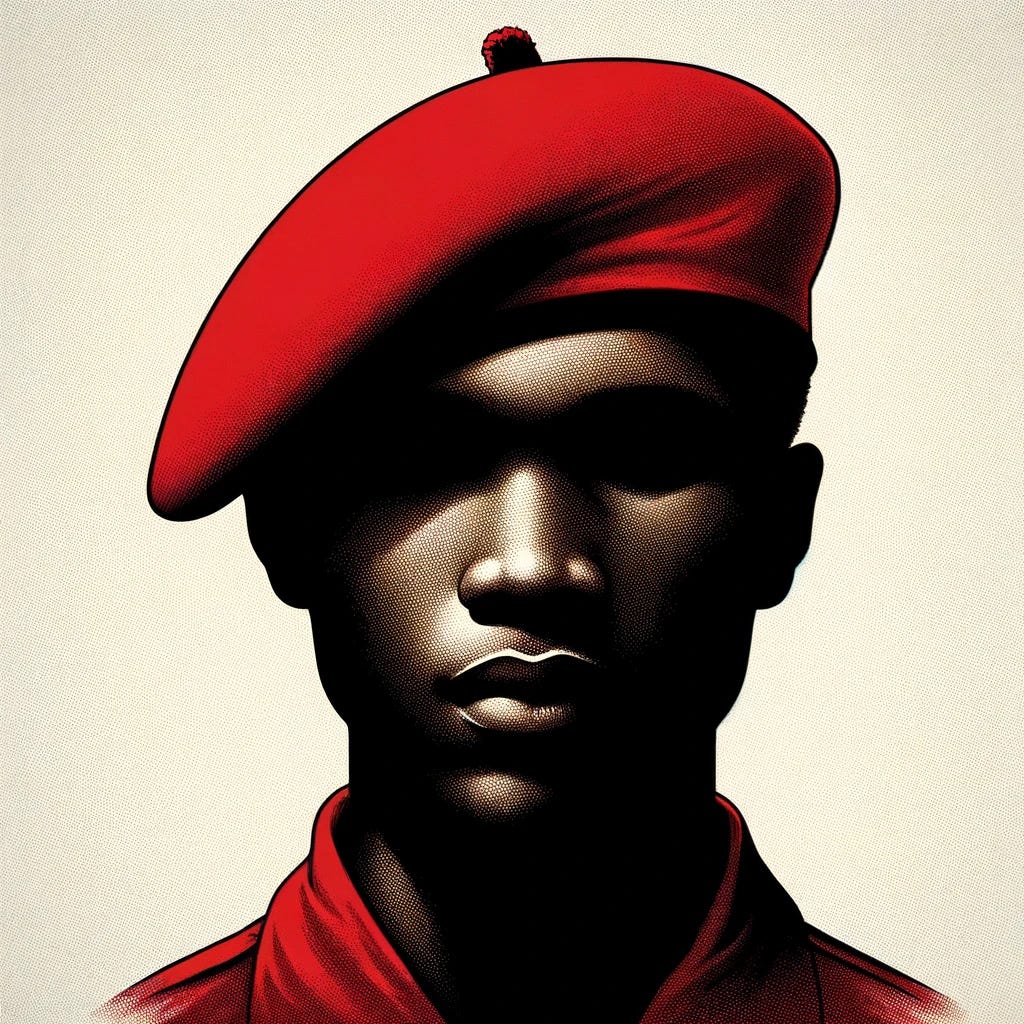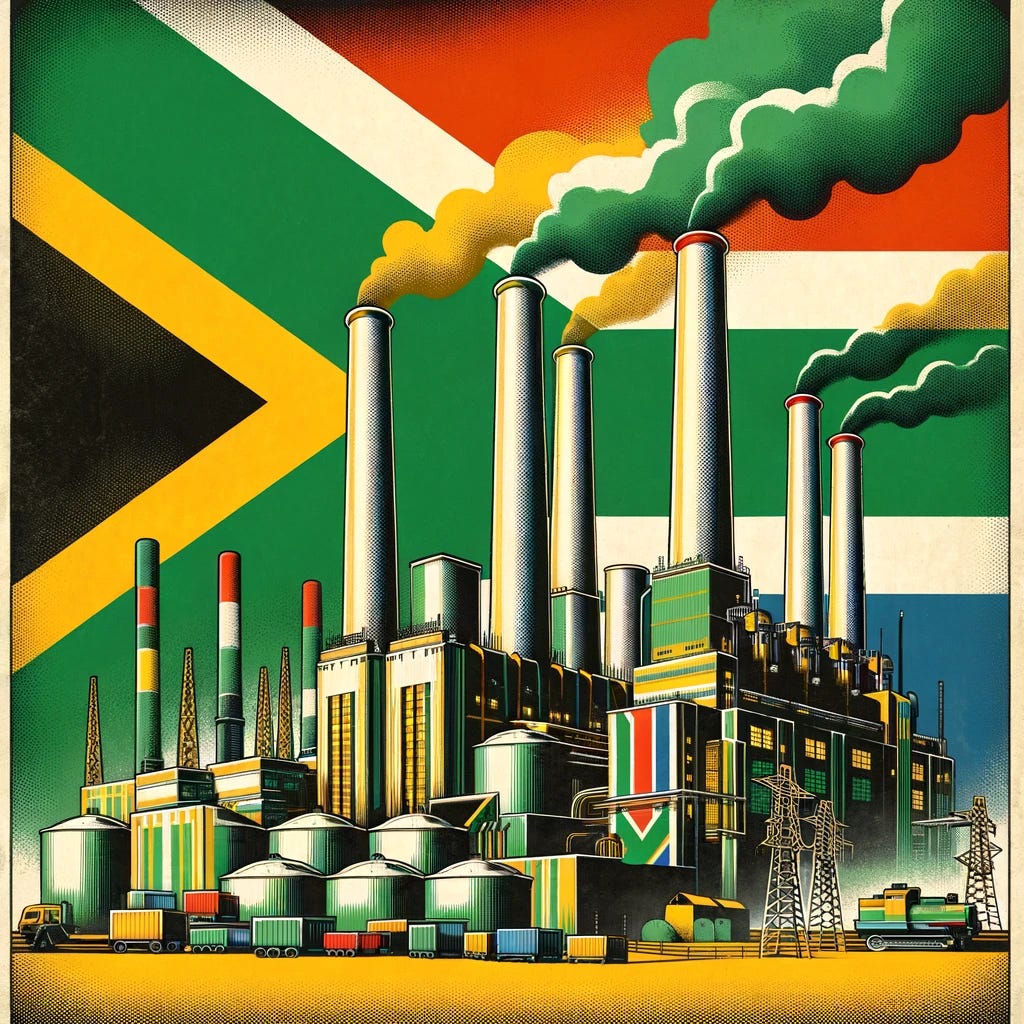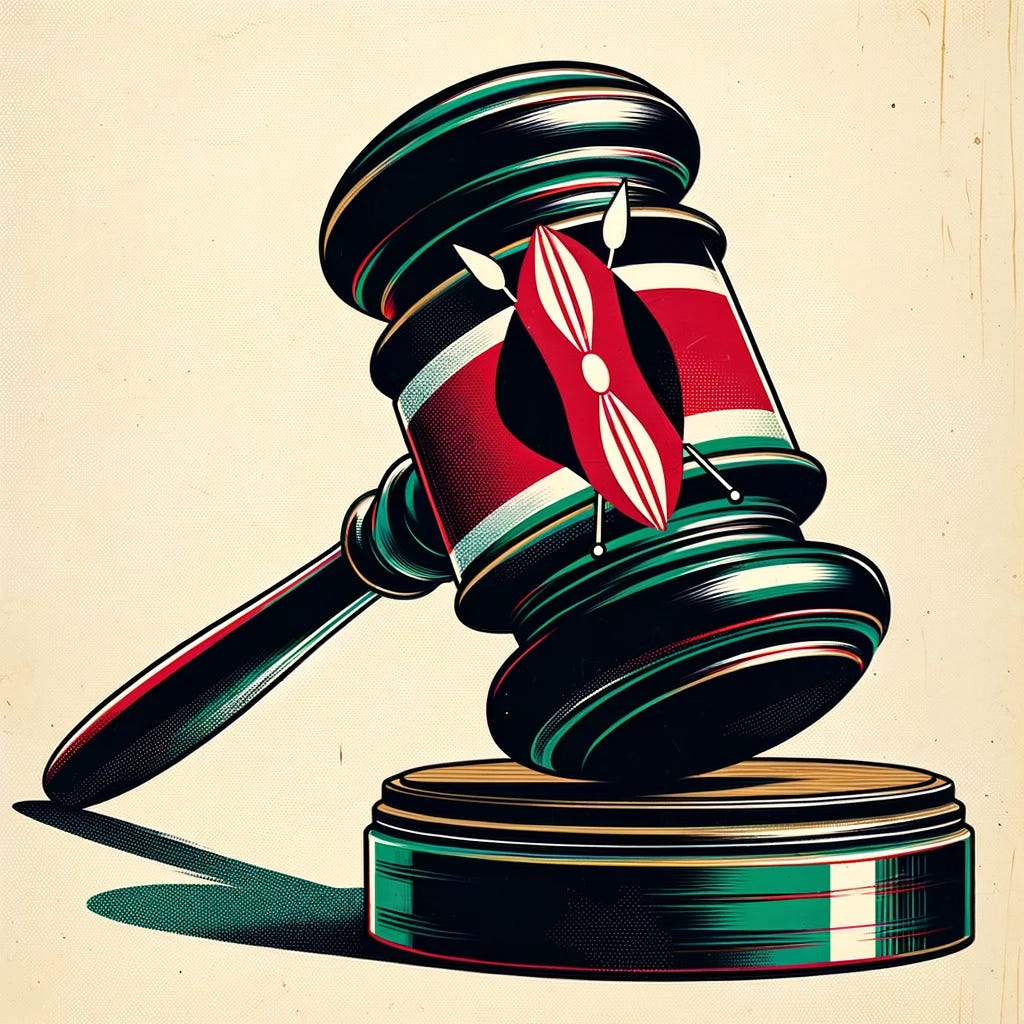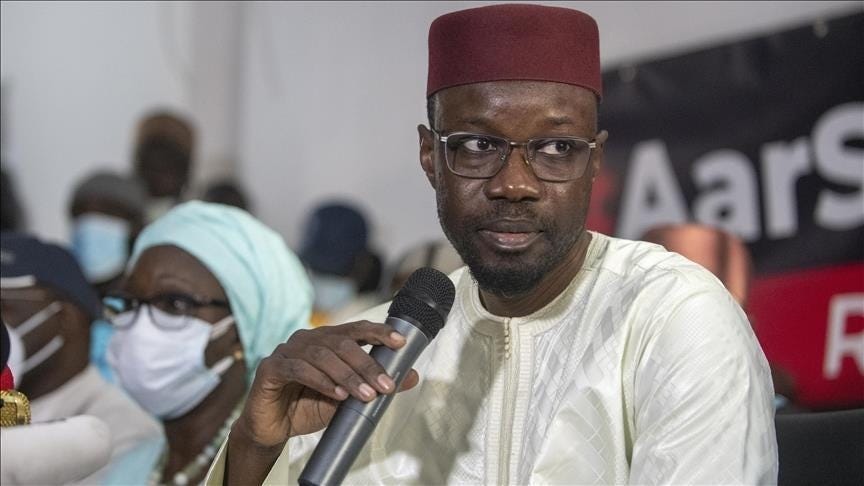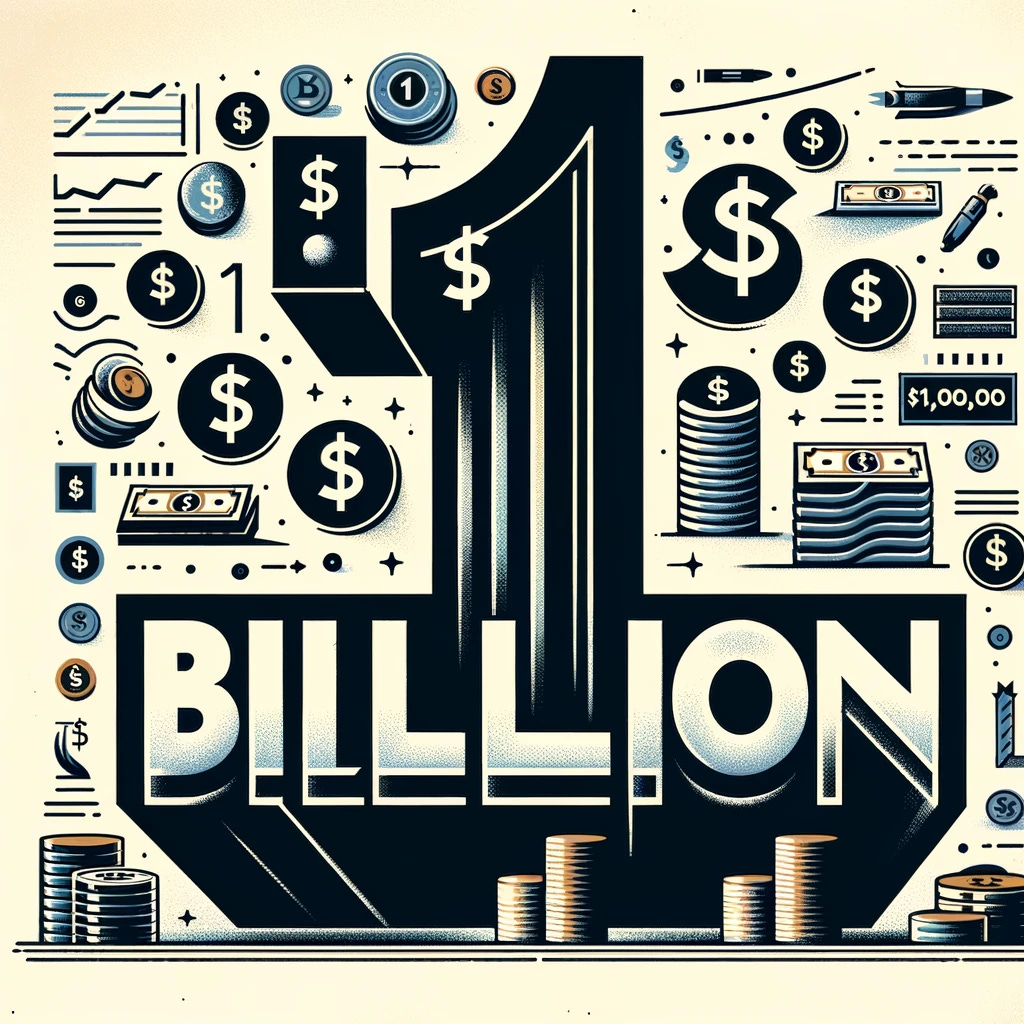🔅 The Red Beret: Africa's Symbol of Revolution
Plus: Kenya Auctions Off Its Companies, South Africa Will Miss Its Climate Targets, And More
Photo of the day
Beach in Conakry, Guinea
Money Matters
🟢 Nigerian SE: 71,052.85 (+0.07%)
🟢 Johannesburg SE: 75,438.71 (+0.90%)
🟢 Ghana SE: 3,195.62 (+0.05%)
🔴 Nairobi SE: 91.64 (-0.12%)
🟢 US S&P 500: 4,556.62 (+0.41%)
🟢 Shanghai Composite: 3,061.86 (+0.60%)
Zimbabwe's New Cash Crop: Lithium | Move over Zim gold and platinum; there's a new money-maker in town. Africa's top lithium producer has earned $209 million from lithium exports in the first nine months of this year. And it's all thanks to China, who's been investing billions in mining and processing projects in the country. This has helped boost lithium exports from a measly $1.8 million in 2018. And the best part? More companies are expected to join in on the action. Gold and platinum earned the country billions last year, and it looks like lithium will take the bronze medal this year.
*Data accurate as of the close of markets across the continent
Brief & Bright: Africa's Top Five
The Red Beret: Africa's Symbol of Revolution
The red beret is the must-have accessory for young activists in Africa. From South Africa's Julius Malema to Uganda's Bobi Wine, this iconic headwear is being worn as a symbol of defiance and resistance. Why? It all starts with Thomas Sankara, the modest Marxist president of Burkina Faso with striking looks. Sankara was eventually deposed and murdered in 1987, and although he would have been horrified to find his portrait hung in public, activists across the continent have popularised his image (and his red beret). The hat represents a pushback against repression, and such is its symbolism that in some instances it invites a brutal crackdown from the authorities—wearing a beret in Uganda, for example, could land you in jail for life. But for many young Africans, the beret is a reminder that the fight for democracy, equality, and dignity is far from over.
Oops, South Africa Might Miss Its Climate Targets
South Africa won't be winning any climate awards anytime soon. The country, the 11th biggest greenhouse gas emitter in the world, has admitted that it will not be able to meet its 2030 carbon emissions targets under the Paris climate agreement because it can't seem to kick its coal habit. Despite committing to cut emissions, South Africa plans to keep eight coal-fired power plants running longer than planned. South Africa has been going through sustained power outages for the past 18 months, which is why it says it's unable to focus on saving the planet right now. Indeed, the country faces a tough decision: prioritize energy security or stick to its climate goals? The CEO of the Energy Council of South Africa says the country is likely to choose the former. Ultimately, however, it might also mean less access to climate finance and a hit to the competitiveness of exports, notably from the European Union, which is ramping up levies on products with carbon-heavy production processes.
Kenya's Government: "Everything Must Go!"
Kenya's president, William Ruto, announced that the government is getting ready to sell off 35 state-owned companies. And that's not all—there are another 100 firms on the chopping block after a new law was passed to streamline the process. Kenya hasn't privatized a state company since 2008, when they sold off a chunk of telecom giant Safaricom. Ruto didn't say which companies were up for grabs, but Kenya needs the cash to deal with some major debt, foreign exchange, and inflation issues. Who knows, maybe you could even snag a sweet deal. The announcement comes on the heels of the IMF committing a huge amount of money to Kenya's economy over the next few years — more than likely, this wave of privatisation was one of their conditions.
Senegal's Political Drama: A Supreme Court Ruling and the Race for President
Things are heating up in Senegal as the country prepares for its next presidential election. Ousmane Sonko, a popular politician in the opposition, was initially knocked off the voter roll before a lower court reinstated him. But then the Supreme Court swooped in and said, "Not so fast," nullifying the lower court's ruling. Sonko's chances of running for president are slim, and he has now backed his party deputy for the race. With Senegal on the brink of becoming a major oil and gas industry player, investors are keeping a close eye on the political landscape.
Malawi's Money Troubles: The Country Needs a Billion-Dollars
Malawi is in need of some serious cash—like, almost $1 billion serious. The International Monetary Fund says the landlocked African country needs $887 million in debt relief from commercial creditors and $99 million from bilateral creditors by 2027. This is due to chronic foreign currency shortages, which have caused shortages of essential items like medicine, fuel, and fertiliser. Last week, the IMF approved a $178 million loan to Malawi, but only after the country got commitments from China and India to restructure their portions of its $4 billion external debt. Malawi's growth forecast for the year has been cut to 2.7%, and it recently devalued its currency by 30% and hiked fuel and electricity prices.
Food for Thought
“If you pick up one end of a stick, you also pick up the other."
— Ethiopian Proverb




